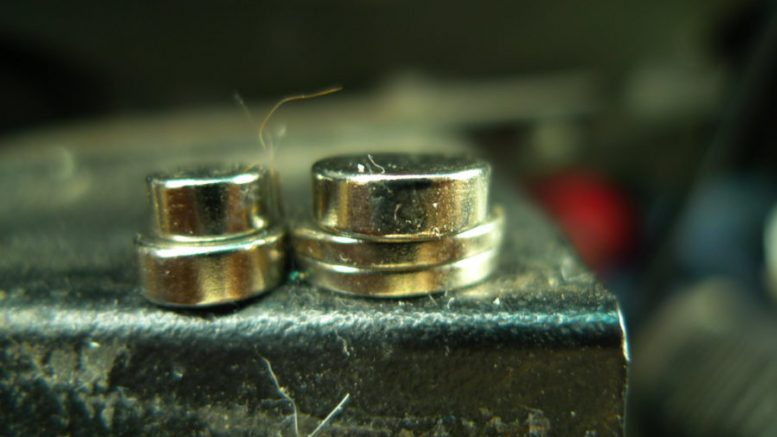A new collaboration between Curtin University and The Australian National University (ANU) aims at helping Australian miners better identify, characterize and extract critical minerals to ensure the long-term viability of the domestic minerals industry.
The two universities will combine their expertise and research to assist the industry with ore body characterization, education and training.
The joint work will allow enhanced extraction of these materials and ensure it is environmentally sustainable.
Curtin has a long history of working with Australia’s mining and resource sector, applying research expertise to enhance operations and services mainly through the Western Australia School of Mines established in 1908.
Curtin deputy vice-chancellor for research, Professor Chris Moran, said the initiative had been supported by more than A$45 million of investment in the John De Laeter Minerals Characterisation facility and the fast-growing computational and data analytics capability being enabled through the Curtin Institute for Computation.
“Curtin and ANU will make a formidable team as we look to improve the competitiveness of the minerals industry through harnessing the fast acceleration of characterization and imaging technologies,” Moran said in a press statement.
“A key component of the collaboration will be helping the Western Australia mining sector, as well as other Australian companies, continually improve their operations as well as future-proofing Australia’s emerging green steel and critical metal industries.”
Professor Keith Nugent, the deputy vice-chancellor for research and innovation, said ANU researchers would use their expertise in 3D modelling and custom technology developed in-house to help characterize minerals. It could help make it easier and safer for mining companies to remove them from the ground.
“Minerals are critical to existing, new and emerging technologies that power our lives and businesses every day,” said Nugent. “The iron ore industry, for example, is intensely competitive worldwide and increasingly dependent on advances in product performance and energy efficiencies.
“Both are dependent on innovations in the management of ore material driven by an adequate characterization of the ore product and understanding of the downstream performance potential of the ore as it progresses along the value chain from the mine to mill.
“ANU has built a 3D platform for imaging, processing, physical modelling, understanding and designing the characteristics of the earth. It will enable minerals companies to identify the materials quickly they are searching for and how to best extract them.”


Be the first to comment on "Universities collaborate to kickstart Australia’s critical mineral future"